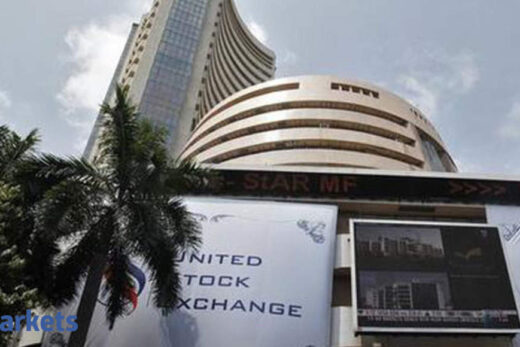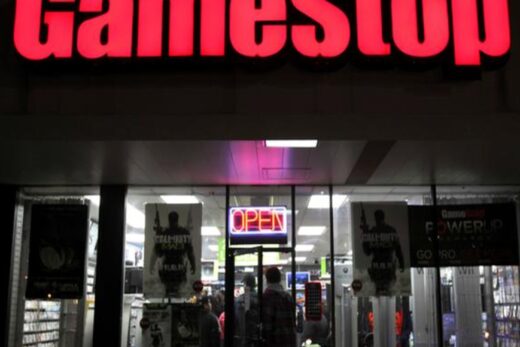Following the earnings report, the stock hit the 10 per cent upper circuit on Monday. It was trading at Rs 931.65, up nearly 8 per cent, as investors lined up to buy the stock.
The government’s focus on rural infra and good crop production should keep driving rural demand. M&M’s UV and LCV businesses are severely supply-constrained, which does not fully reflect the demand momentum – a 500bp share gain in LCV retails over Tata Motors. “As production increases by July 2021, we believe M&M will likely outperform the PV industry in FY22,” said Kapil Singh and Siddhartha Bera, analysts at Nomura.
The duo said the success of the new SUV, the share gain in LCVs and the efficient capital allocation will drive further re-rating. They have a target of Rs 1,165 on the stock, which means a potential upside of 34.5 per cent from its last close.
The management has guided for an almost 90 per cent reduction in international subsidiary losses in FY22, driven by the completion of the first phase of the capital allocation exercise, which was lauded by analysts.
M&M and its arm Mahindra Vehicle Manufacturing reported a 40 per cent year-on-year rise in net profit to Rs 531 crore for the December quarter. It should be noted that during Q3, the company took a one-time impairment charge of Rs 1,214 crore. Its revenues in the quarter grew 16 per cent on a year-on-year basis to Rs 14,057 crore.
JP Morgan maintained an ‘overweight’ call on M&M and raised its target price to Rs 1,030 per share. The broker reiterated Nomura’s call, and said the tractor maker was its top pick from the auto sector.
“M&M’s Q3 earnings beat auto segment margins. Analyst presentation left a positive impression. M&M has been our top pick in Autos over the last year. We believe the stock can re-rate further from here supported,” said JP Morgan in a post-earnings note.
It added that stock valuations with adjusted PE or consolidated F22E PE at 13-14 times are undemanding.
Motilal Oswal, which has a target of Rs 1,040, said the valuations for M&M are still at a substantial discount to its five-year average, which captures both pain points of the deterioration in UV market share and the performance of subsidiaries.
“We have lowered our holding-company discount from 40 per cent to 20 per cent, factoring in an improvement in capital allocation and expected reduction in subsidiary loss,” said Jinesh Gandhi, Research Analyst at Motilal Oswal.



